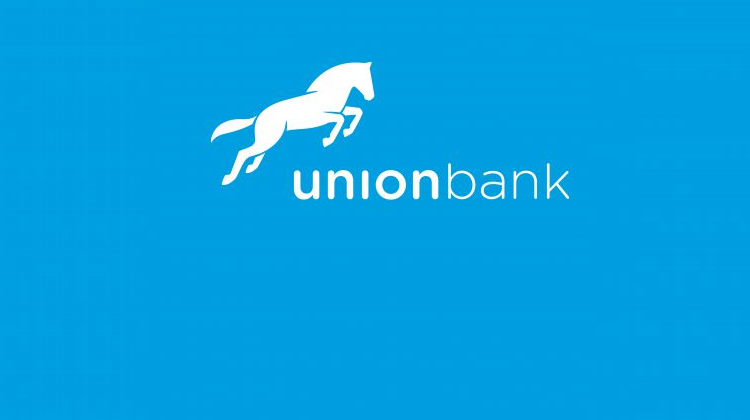The Nigerian banking landscape is undergoing a significant shift in how customers are charged for using Unstructured Supplementary Service Data (USSD) services. Union Bank and First City Monument Bank (FCMB) have joined other financial institutions in adopting a new billing model mandated by the Nigerian Communications Commission (NCC). This model transfers the responsibility of deducting USSD charges from banks to telecommunication operators, effectively making airtime the source of payment instead of bank accounts. This change, which took effect on July 1st for Union Bank and July 2nd for FCMB, aims to address the long-standing dispute between banks and telcos regarding the collection and remittance of USSD service fees. Customers will now be explicitly prompted to consent to the charge of ₦6.98 per 120 seconds before any deduction is made from their airtime balance.
The move towards this new billing structure stems from complaints by mobile network operators about banks accumulating substantial sums from customers for USSD services without remitting the due payments to the telcos. Reports suggest that banks have collected over ₦200 billion by the end of 2024, a figure that highlights the significant value of these transactions. The NCC’s intervention seeks to rectify this situation by placing the billing responsibility directly with the telcos, thereby streamlining the payment process and ensuring that operators receive the appropriate compensation for their services. The new system empowers telcos to deduct the charges directly, effectively removing banks from the payment chain.
Both Union Bank and FCMB have formally notified their customers about this change through various communication channels, including emails and text messages. These notifications detail the new charge of ₦6.98 per USSD session lasting 120 seconds, emphasizing that customer consent will be required before any deduction. The banks have also highlighted alternative banking channels, such as mobile apps and internet banking platforms, for customers who prefer not to incur the USSD charges. This provides customers with choices and encourages the adoption of digital banking alternatives.
The introduction of the end-user billing model marks a significant step towards resolving the financial friction between banks and telcos. By directly involving the telcos in the billing process, the NCC aims to ensure transparency and accountability in the collection and remittance of USSD charges. This direct billing approach removes banks from the equation, eliminating the previous system where banks acted as intermediaries and allegedly withheld payments. The change is expected to improve the financial relationship between the two sectors and contribute to a more stable and sustainable USSD service ecosystem.
The implementation of this new billing system, however, brings forth important considerations for customers. The explicit consent requirement before each USSD session ensures that customers are aware of the charges and can choose to proceed or explore alternative banking methods. While the cost per transaction may seem minimal, frequent USSD users could see a noticeable impact on their airtime balance. This necessitates careful budgeting and consideration of alternative digital channels, especially for those who rely heavily on USSD for their banking needs.
In conclusion, the transition to direct airtime deductions for USSD banking services represents a significant development in the Nigerian financial landscape. Driven by the need to address payment discrepancies between banks and telcos, the NCC’s mandated change empowers mobile operators to directly collect service fees. While the system offers greater transparency and ensures proper compensation for telcos, it also necessitates adjustments for customers. The availability of alternative banking channels, coupled with the mandatory consent requirement, provides customers with the flexibility to manage their banking expenses effectively. This evolution in the USSD billing model is poised to reshape the dynamics between banks, telcos, and customers, promoting a more balanced and efficient financial ecosystem.














